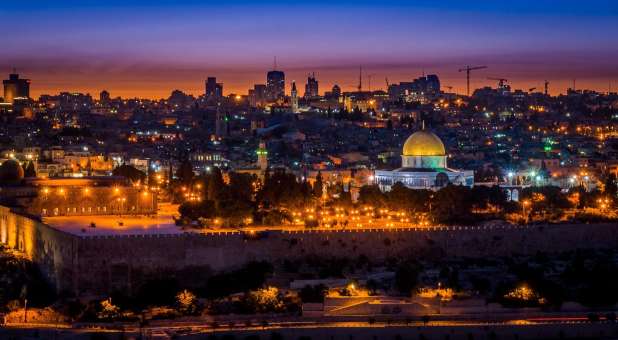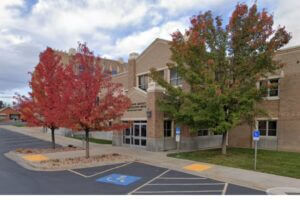When Jesus taught His disciples the Our Father prayer, how did He intend for them to use it? When should we pray the Our Father, and how should we pray it?
Jesus was “praying in a certain place, and when He ceased, one of His disciples said to Him, ‘Lord teach us to pray as John also taught his disciples'” (Luke 11:1). Did the disciples not know how to pray? On the contrary, prayer is one of the central pillars of Jewish practice. First-century Jews regularly participated in the prayer services of the synagogue and temple. From early childhood, the disciples learned the blessings, benedictions, petitions and doxologies of Jewish prayer and daily life. So why did they ask Jesus to teach them how to pray?
Jesus taught His disciples a specific prayer. He said, “Therefore pray in this manner: ‘Our Father who is in heaven, hallowed by your name, Your kingdom come …” (Matthew 6:9-10). Did Jesus intend them to pray the Our Father as a fixed liturgical prayer, or did He simply offer it to them as a model short prayer worthy of emulation?
Of course, the Our Father works as a great model for extemporaneous prayer, but anyone familiar with Jewish prayer recognizes that the “Our Father” is a patently Jewish prayer that fits naturally into the context of synagogue liturgy. The Our Father shows every indication of intent as a liturgical prayer. By the late first-century, at least, Christians already prayed the Our Father liturgically at the three times of daily prayer. The early Christians said, “This is what you should pray three times a day” (Didache 8:3), and then they quoted the Our Father.
If the Our Father is a liturgical prayer, where does it belong in the sequence of Jewish prayer? In other words, when Jesus taught this prayer to the disciples, how did He intend for them to use it? In what way did John teach his disciples to pray? What did Jesus’ disciples hope to receive from Him when they said, “Master, teach us to pray”?
In the days of the scribes and Pharisees, individual rabbis created short liturgical prayers for their disciples to add as a meditation at the conclusion of their daily prayers. The great commentary on Jewish law called the Talmud preserves several examples of short prayers distinctive to a certain sage and his school of disciples. For example:
When Rabbi Eleazar concluded his recitation of prayer, he prayed, “May it be Your will, O LORD our God, to cause love, brotherhood, peace, and friendship to swell in our midst, and may You set our portion in paradise, and grant us good companionship and a good inclination in Your world, and may we rise early and obtain the desire of our heart—to fear Your name, and may you be pleased to satisfy our desires.” When Rabbi Yochanan concluded his recitation of prayer, he prayed, “May it be your will, O LORD our God, to look upon our shame and behold our affliction and clothe Yourself in Your mercies and cover Yourself in Your strength and wrap Yourself in lovingkindness and gird Yourself in Your graciousness, and may Your attributes of kindness and mercy prevail.” (Talmud, b.Berachot 16b)
Likewise, John the immerser must have taught His disciples a particular prayer unique to their school. When Jesus’ disciples said, “Lord, teach us to pray,” they were asking Him to give them such a prayer. He gave them the Our Father. In the same way that the other rabbis gave their disciples a signature prayer for their particular school of discipleship, Jesus gave us the Our Father to function as a short petition for the kingdom at the conclusion of our daily prayers.
Daniel Thomas Lancaster is a writer, teacher, and the Director of Education at the Messianic ministry of First Fruits of Zion (www.ffoz.org), an international ministry with offices in Israel, Canada, and USA, bringing Messianic Jewish teaching to Christians and Jews. He is the author of several books about the Jewish roots of Christianity, the Jewishness of the New Testament, and he is the author of the Torah Club Bible study program (torahclub.org). He also serves as the teaching pastor at Beth Immanuel (bethimmanuel.org), a Messianic Jewish synagogue in Hudson, Wisconsin.
See an error in this article?
To contact us or to submit an article






















